Oracy at Selborne
What is oracy?
Oracy is the ability to articulate ideas, develop understanding and engage with others through spoken language. At Selborne, oracy is a powerful tool for learning as it teaches pupils to become effective speakers and listeners as they discuss each subject curriculum. It also empowers them to better understand themselves, each other and the world around them. Through a high quality oracy education pupils learn through talk and to talk. This is when they develop and deepen their subject knowledge and understanding through talk in the classroom, which has been planned, designed, modelled, scaffolded and structured to enable them to learn the skills needed to talk effectively.
Experience with Voice 21
Selborne Primary School teamed up with a charity called Voice 21 for three years. It provided our staff with research-based training to better all pupils' oracy skills. We continue to implement their strategies.
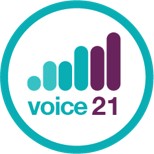
They formed an oracy framework which focuses on four separate strands:
- Physical - making yourself heard, using your voice and body as an instrument
- Linguistic - knowing which words and phrases to use and using them
- Cognitive - the deliberate application of thought to what you are saying
- Social and emotional - engaging with the people around you; knowing you have the right to speak
Read the Voice21 Impact Report 2015–2025
Our Oracy Vision
At Selborne, pupils thrive in oracy by being able to articulate ideas, develop understanding and engage with all members of our community effectively through spoken language. We aspire for all pupils to learn to talk and to learn through talk with the ultimate goal of ensuring all pupils feel confident and valued.
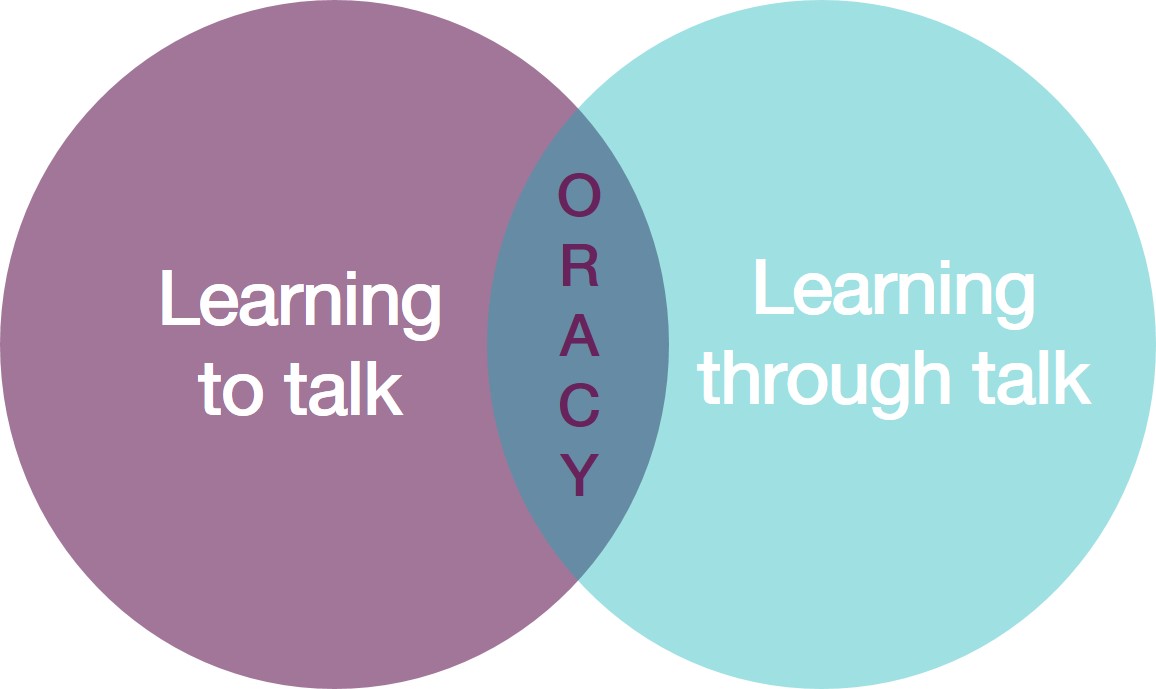
How you can support your child with oracy
- Be a role model - show good listening skills and turn-taking
- Discuss the word of the week with your child. Link it to words they already know
- Ask your child about their day in school and encourage them to share what they have learnt
- Listen to your child read and ask them questions about the text and their opinion
- Encourage your child to talk in sentences rather than singular words or phrases. Correct their spoken grammar, e.g. goed (go) or wented (went), has/have, falled (fell), eated (ate)
- Discuss and summarise a T.V. programme and ask for their opinion
- Reduce screen time and encourage them to play with you or siblings (board games are excellent for this)
- Make time for each other! Oracy can be done at any time and anywhere. Sit with your child and talk to them about anything they are interested in.
Click here for the document Helping Your Child Develop Speaking and Listening Skills at Home. It is packed with practical ideas.
Oracy news
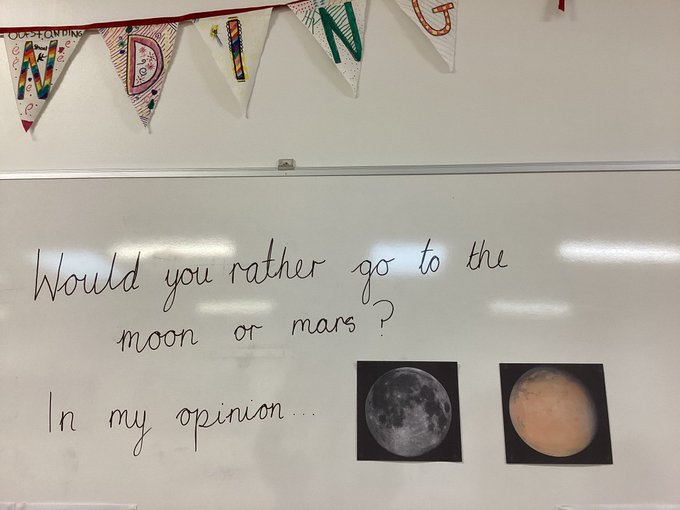 |
Oracy questions at lunchtimeMr. Matharu, our oracy champion, reminded pupils about our lunchtime question in an assembly in Autumn 2025. Which would you rather visit and why? Our pupils are encouraged to use the sentence stem to discuss this with their teachers and peers at lunchtime whilst eating dinner. Questions are changed on a regular basis. |
|
|
ReceptionThis term, Reception children have continued to build on their oracy skills, gradually moving away from using speaking bears to initiate partner talk and take turns fairly. Children have even begun to use ‘nesting’, allowing them to think aloud before sharing their responses with the rest of the class. |
Year 1This week Year 1 have been writing and performing persuasive speeches. We were inspired by the text Michael Recycle who helps some lazy townsfolk to clean up their smelly town and be more eco friendly. The children have been using lots of commands to persuade the townspeople to tidy up and go green. They worked in groups to write and perform. They used loud clear voices and actions when presenting. |
|
|
|
Year 2Year 2 pupils have been speaking like mathematicians whilst noticing similarities and differences when studying place value.
|
Year 3In this Year 3 oracy lesson, children used conscience alley to weigh up the pros and cons for Macbeth and his decision to kill King Duncan. |
|
|
|
Year 4In Year 4, children developed their historical skills by thinking and speaking like historians when examining Anglo-Saxon artefacts from the British Museum. |
Year 5In These are some photos of Year 5's poetry performances which linked to Black History Month and Dayna Francis' poem 'Black and British'. Pupils wrote their own free verse poems about their identity.
Year 5 used their oracy groupings of a semi circle to perform to their peers and then later some children performed to the whole class.
|
|
|
|
Year 6This half term in Year 6, our science topic is 'Electricity'. Children have been refreshing their knowledge of how to create a circuit and learnt about the benefits of having series and parallel circuits. In this lesson, pupils worked together to create different types of circuit and then removed specific components to see whether or not the electricity still flowed or if bulbs burned brighter. Pupils discussed their predictions beforehand in groups and later compared and analysed results as a class. The topic has linked in perfectly with their DT project, which involves creating a burglar alarm to alert the teachers that someone has been in the class when they shouldn't be. |
Oracy in our ARPThe pupils were learning to greet the shopkeeper and request items in a real life situation. |
|





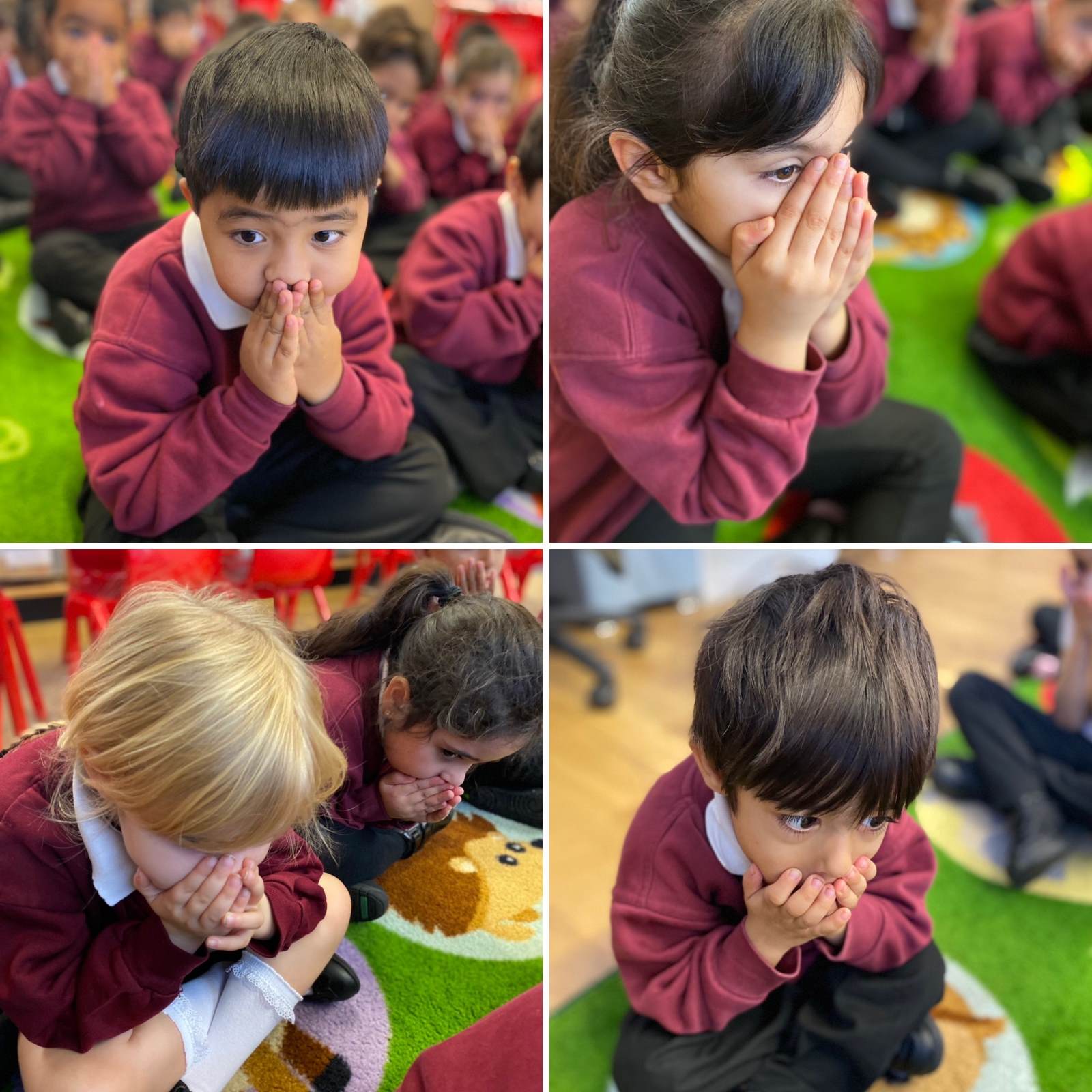
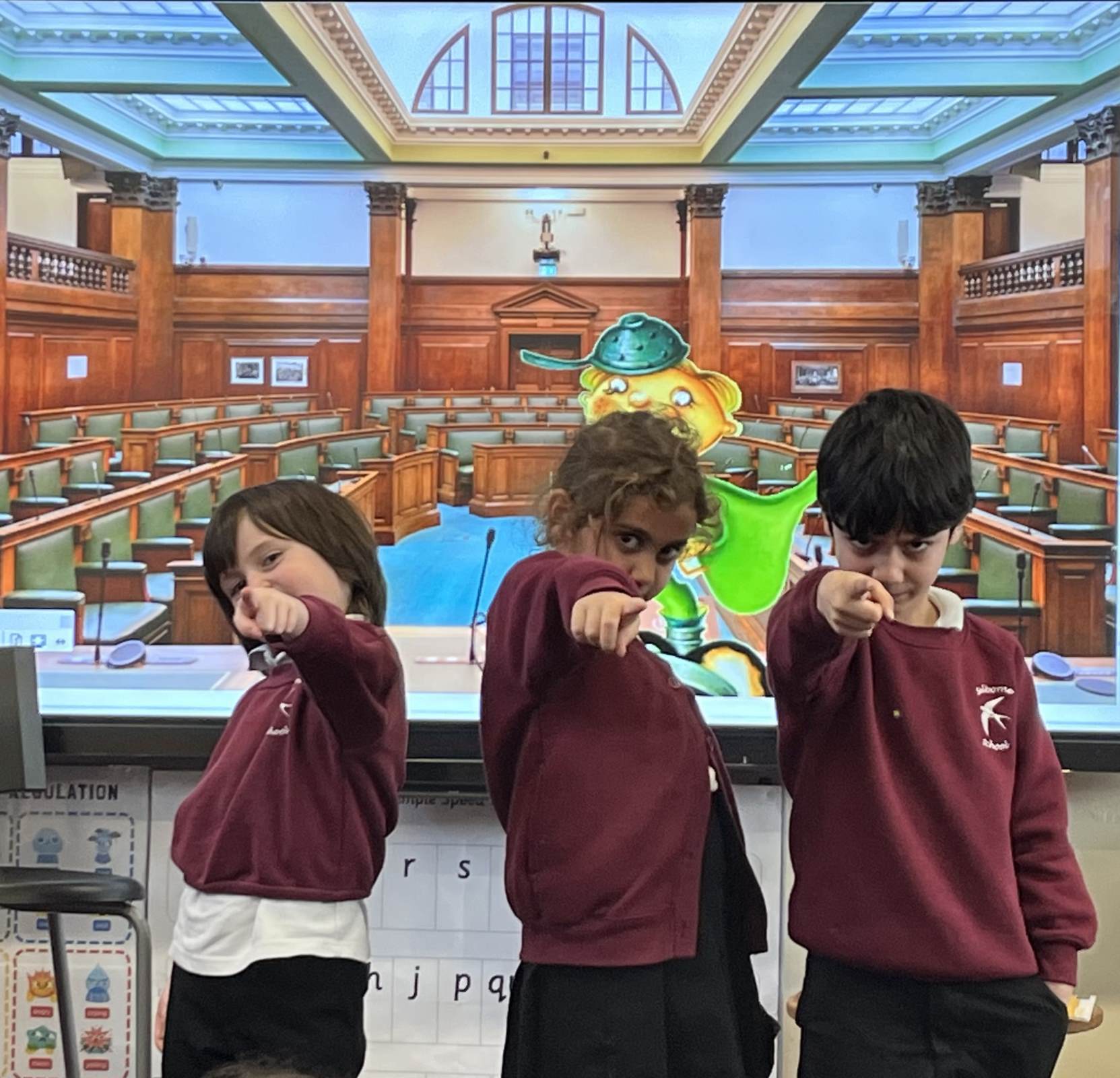
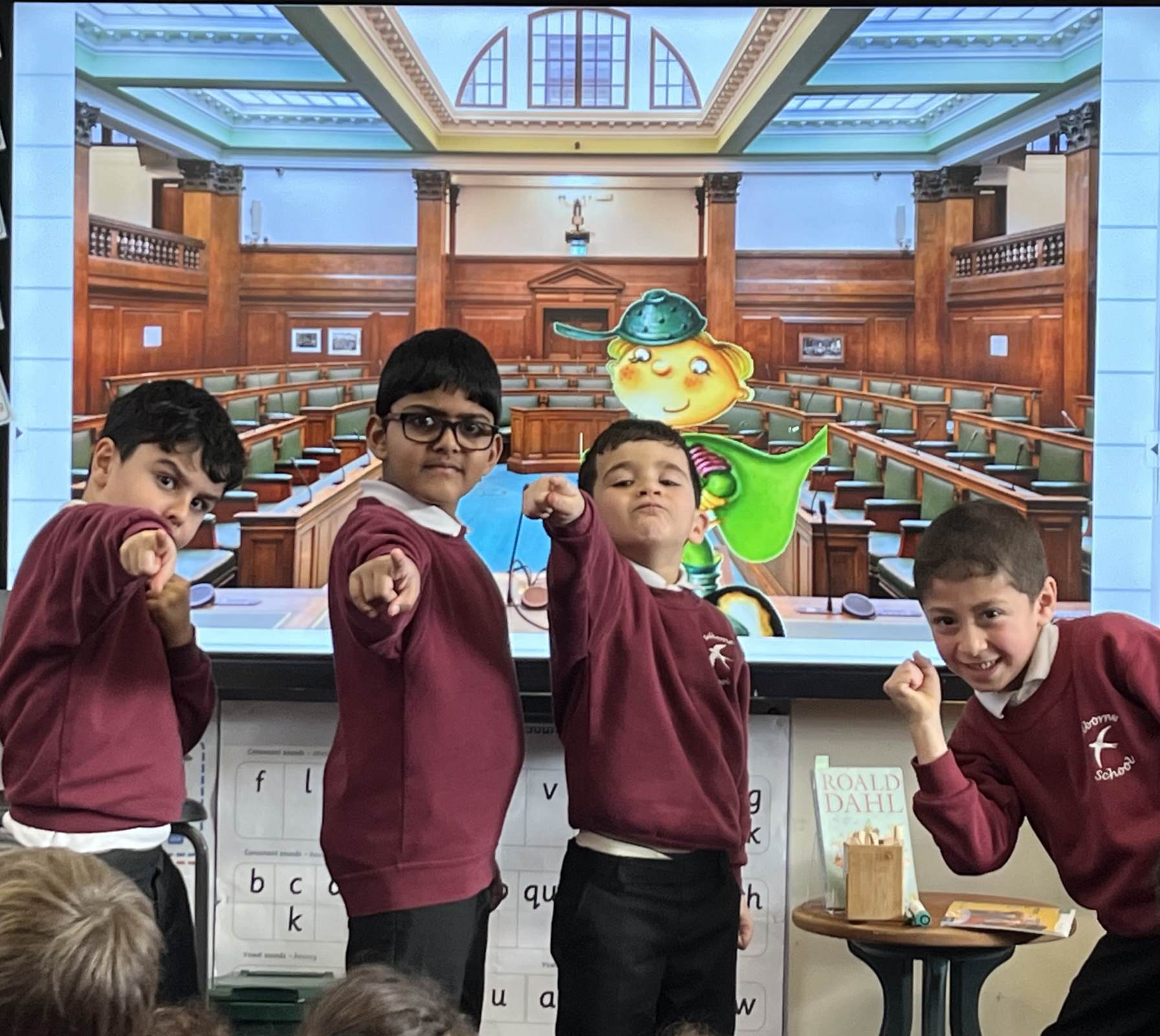
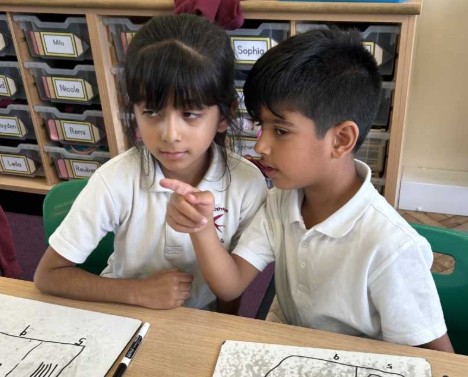
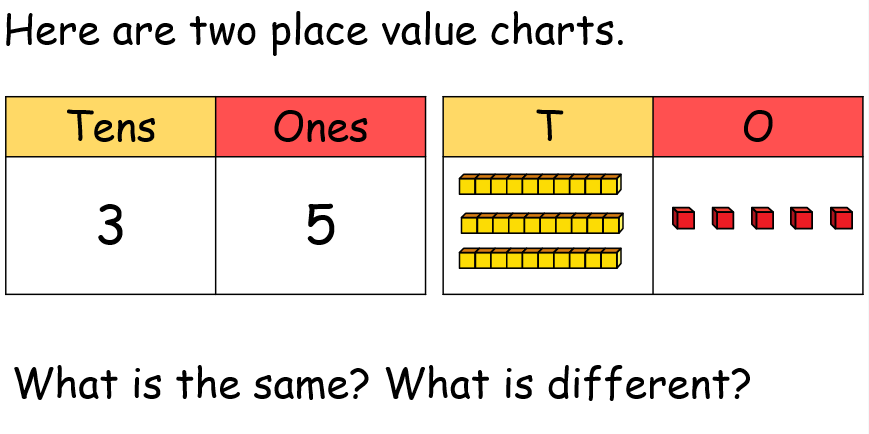
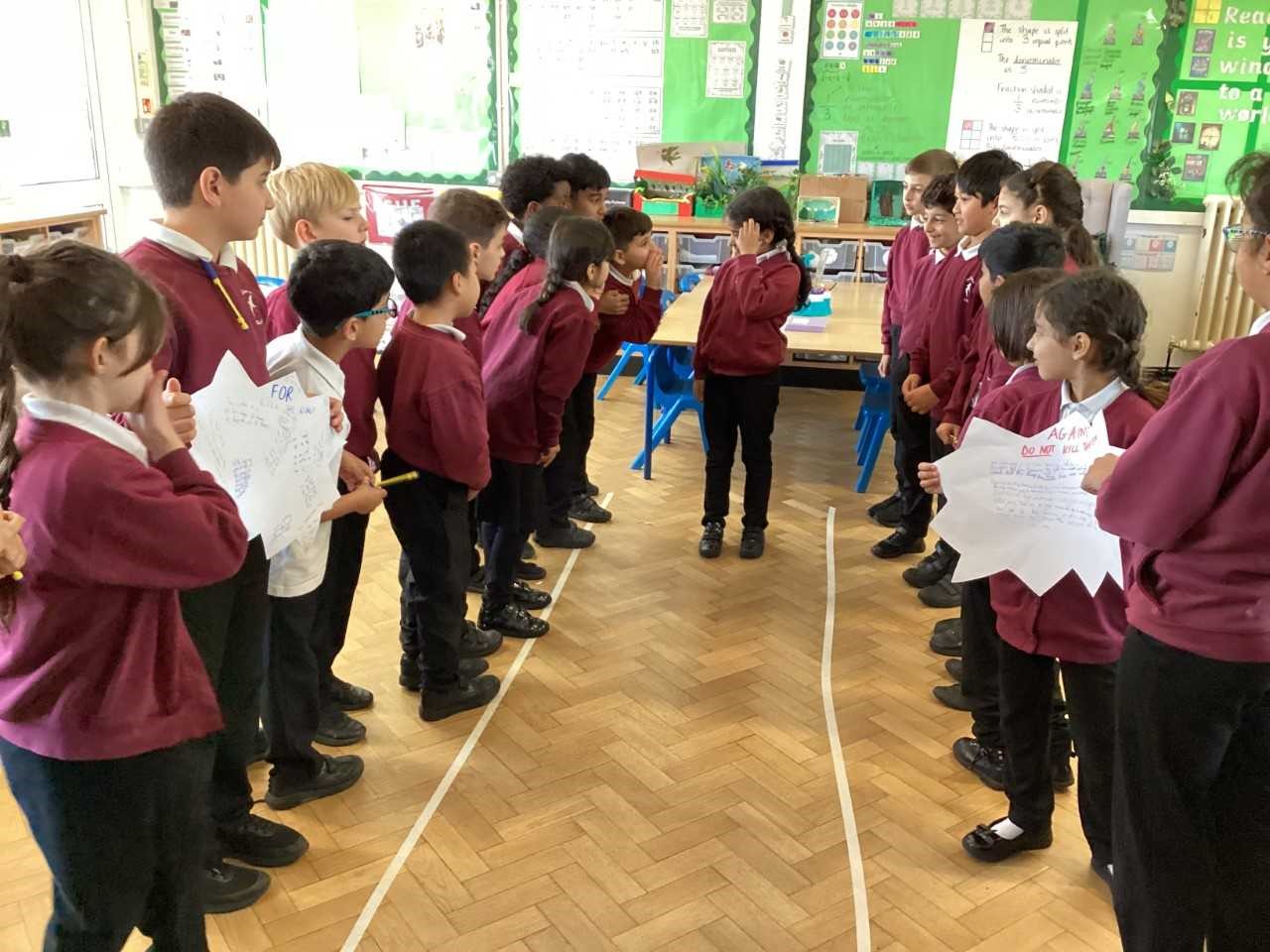
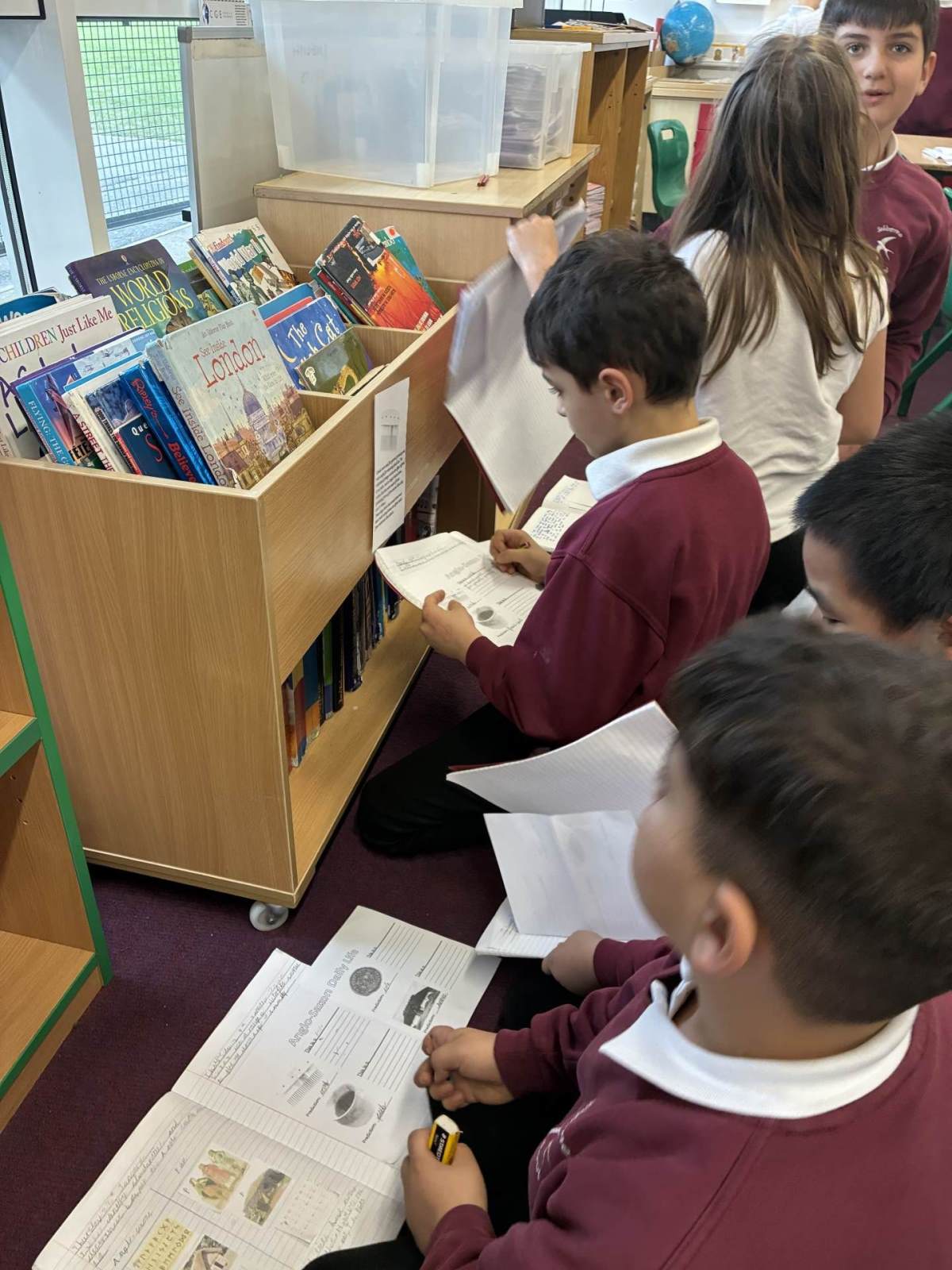
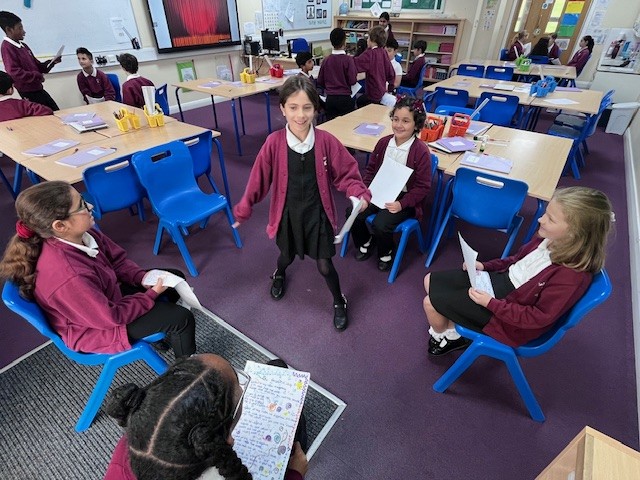
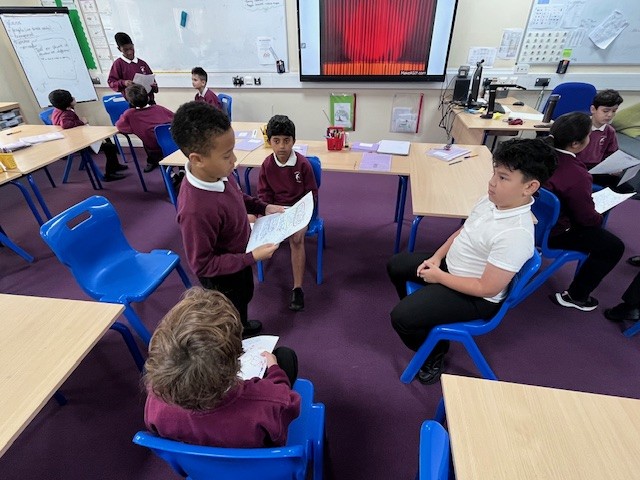
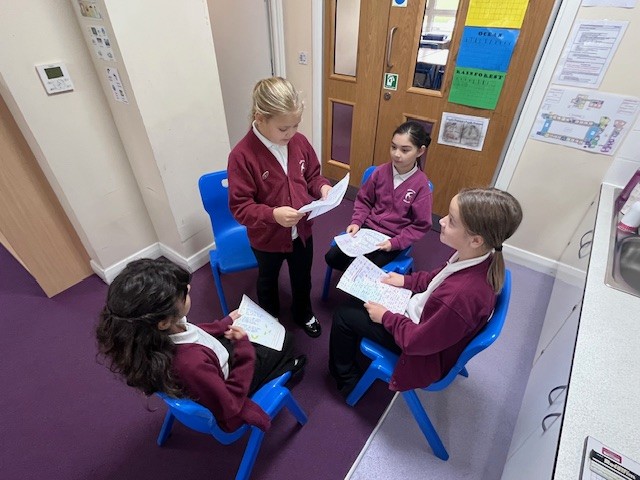
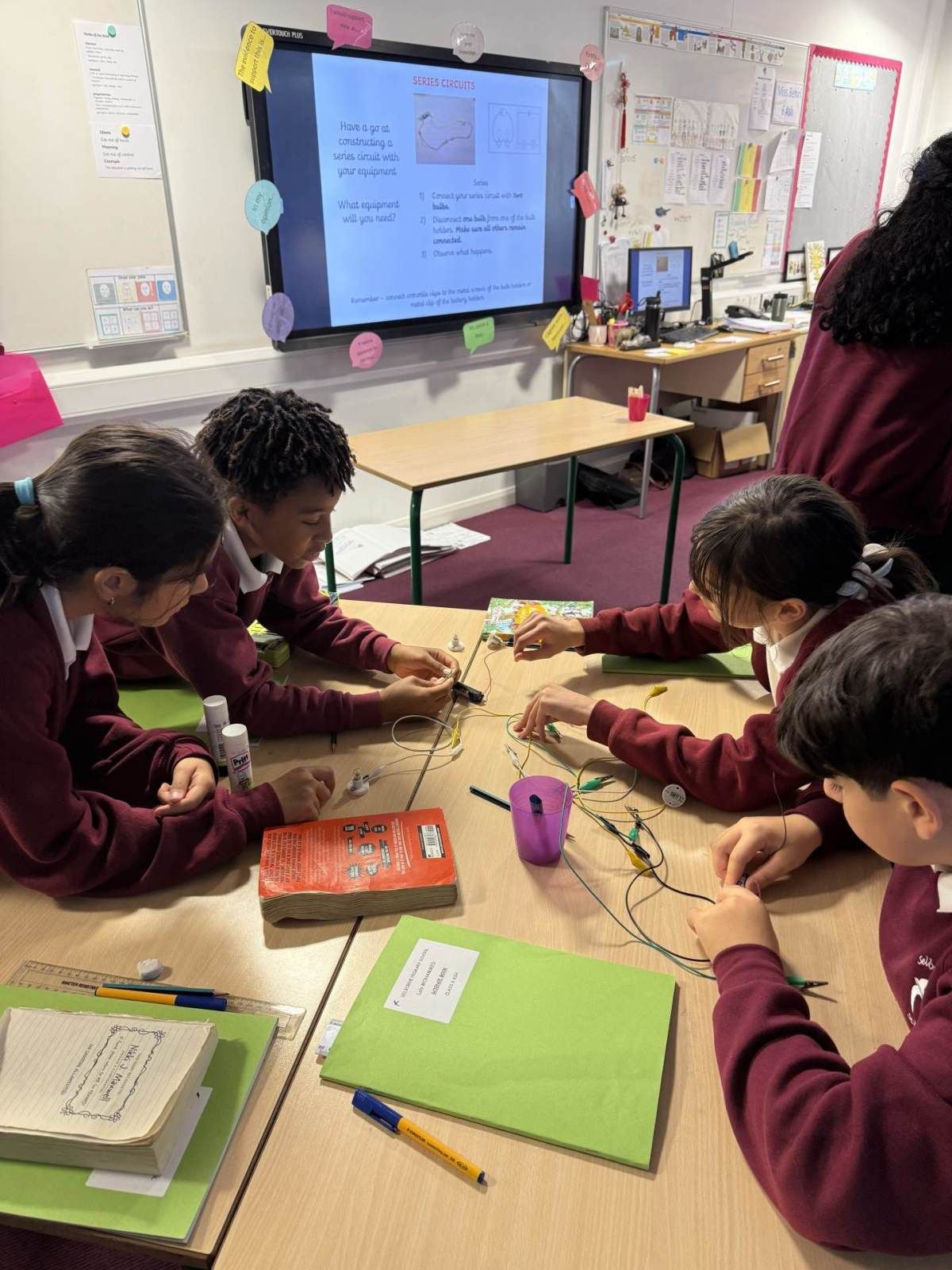
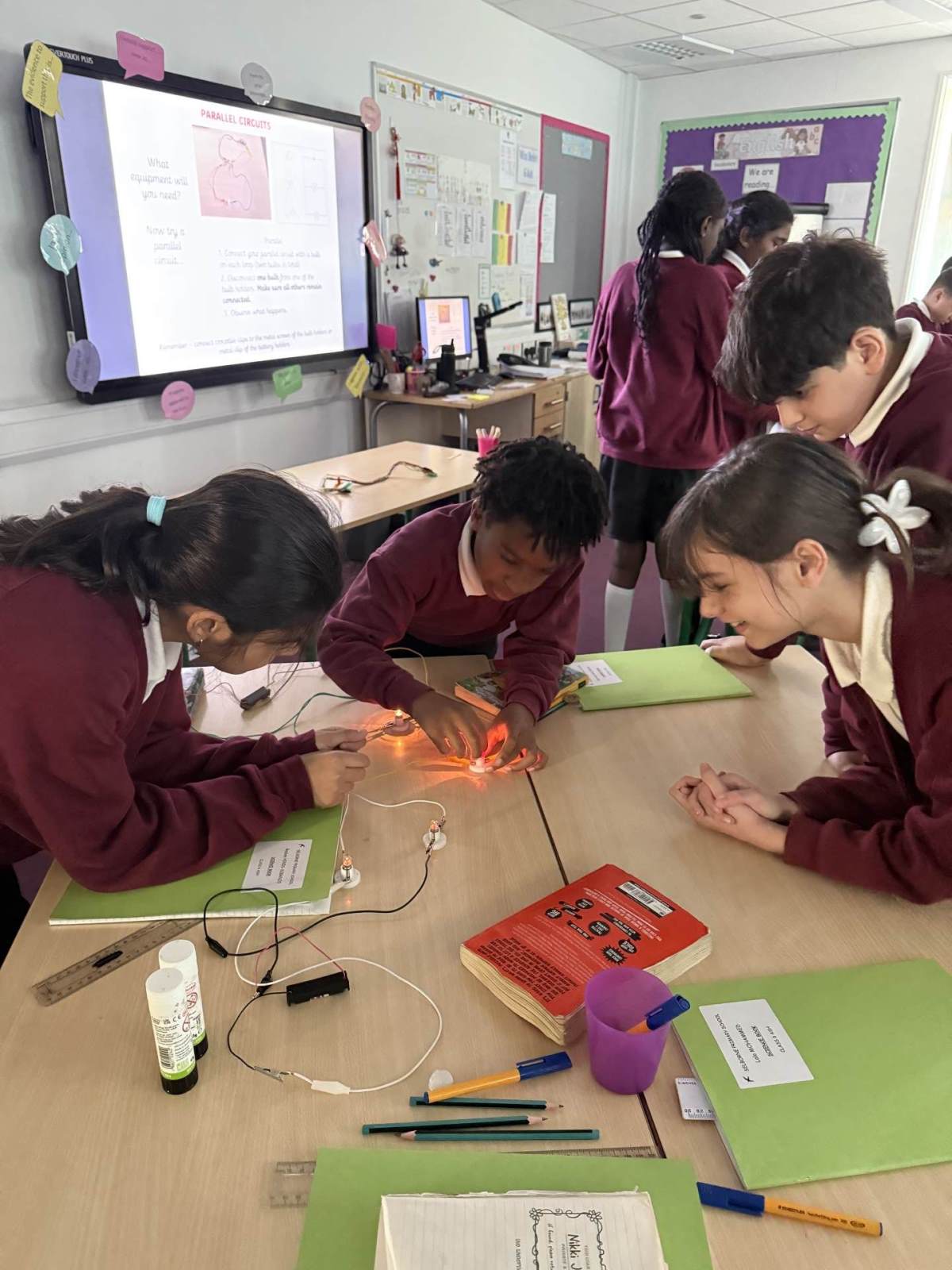
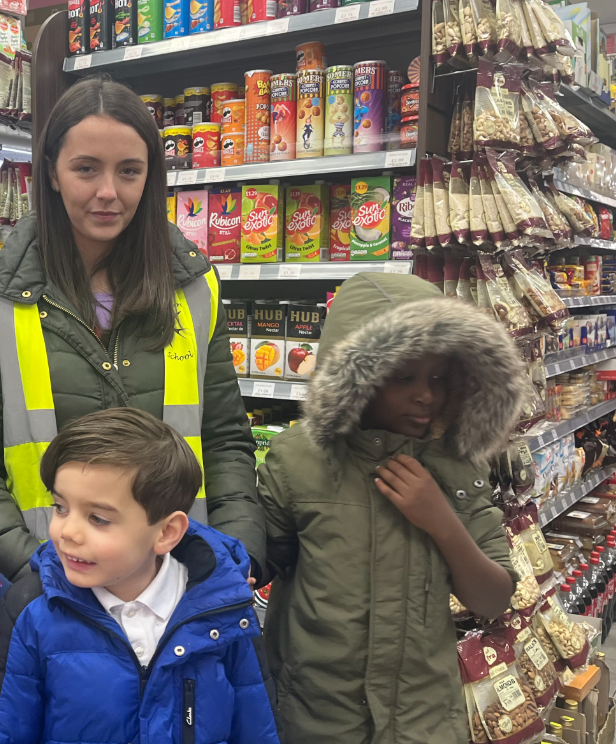







Close
Social Media